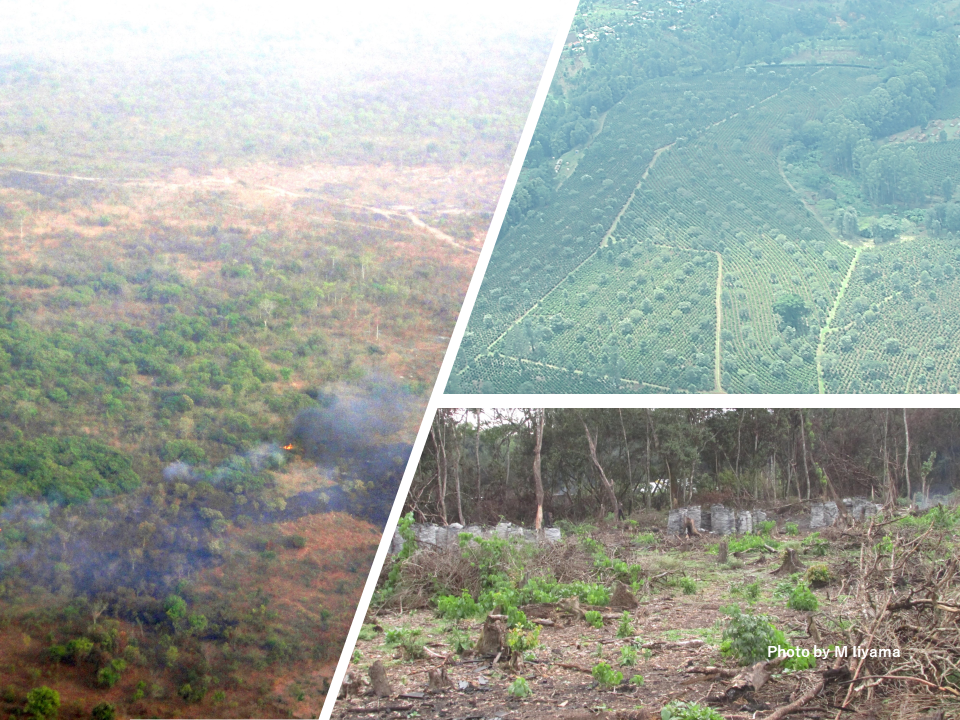Pick Up
837. Global Land Squeeze

837. Global Land Squeeze
With the world's population expected to reach nearly 10 billion by 2050, humanity's demand for food, timber, and urbanization will only increase.
A recent report by the World Resources Institute, The Global Land Squeeze: Managing the Growing Competition for Land, argues that population and economic growth will accelerate land use change by increasing demand for food, timber, and urbanization, leading to land use trade-offs that compete with climate change and biodiversity conservation goals. The term "global land squeeze" describes a situation in which population and economic growth will accelerate land use change by increasing demand for food, timber, and urbanization, leading to trade-offs in land use that compete with climate change and biodiversity conservation goals.
According to the report, under a business-as-usual scenario, demand for crops is expected to increase by 56%, demand for meat and dairy products by 70%, and demand for wood by 54% between 2010 and 2050. This would require an estimated conversion of 600 million hectares for agriculture, 80 million hectares for urbanization, and the equivalent of 800 million hectares of forest. The land-use changes are estimated to result in greenhouse gas emissions, with annual emissions of about 6.0 gigatons of CO2 equivalent to meet food demand and 0.7 gigatons for urban expansion. In addition, emissions associated with wood demand are projected to be between 3.5 and 4.2 gigatons on an annualized basis. The use of wood as a material in sectors such as biofuel production and construction could further exacerbate land use pressures.
The report proposed a four-pronged approach to sustainable management of finite land resources: produce, protect, reduce, and restore. Specifically, the report called for increasing food and wood productivity on existing agricultural lands, conserving biodiversity, reducing demand for commodities that require intensive land use in the production process, and conserving and restoring forests and other biological habitats.
Reference
Tim Searchinger, Liqing Peng, Jessica Zionts and Richard Waite (2023) The Global Land Squeeze: Managing the Growing Competition for Land https://www.wri.org/research/global-land-squeeze-managing-growing-compe…
Contributor: IIYAMA Miyuki (Information Program)
